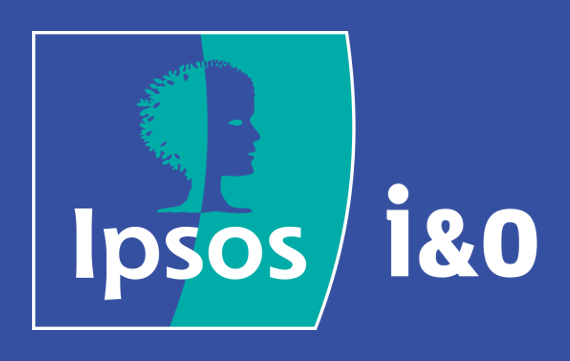Press release: Media prioritise change in the Middle East
The bi-annual study measures the media use and consumption behavior of the top 15% of income earners in the UAE, Kuwait, Saudi Arabia, Lebanon, Qatar, Bahrain and Jordan.
International media brands lead in the Middle East
In a region that struggles with evolving and restrictive media systems, international media brands are not only the most widely consumed, 99% of the region’s most Affluent consume an international media brand every month. It is perhaps not surprising that international media brands are the most trusted brands in the region (87%). However, national media brands come a poor third (71%) with social media in second place (82%) when it comes to trustworthiness. This is a significant point of differentiation to Europe, where only 27% consider social media trustworthy.
The rise in social media
While television is still for most the primary source for news and current affairs, social media now ranks second, ahead of newspapers, magazines or radio. Facebook is the most used social network in the region, with 87% having used Facebook in the past month; YouTube and WhatsApp are also popular each being used by 81% of respondents.
927.000 Affluent in the Middle East use Facebook several times a day
The use of Twitter, which became popular in the region during the Arab Spring of 2011, is still far more widespread than in Europe, especially in the Gulf region. 56% of Arabs say they have used the social network in the past month.
Personal tech - ahead of Europe
This year’s results characterise Arab Affluent as frontrunners in the adoption of personal tech, with countries like the UAE, Qatar and Kuwait ranking among the world’s leading nations in terms of internet penetration. The adoption of mobile devices is widespread, across all age groups and throughout the region. Virtually all Arab Affluent have a smartphone (97%) and 74% of them own a tablet, compared to only 62% of the Affluent in Europe.
41% of the Arab Affluent have a smartwatch – more than double than in 2016
For 73% of the Arab Affluent, mobile technology has become central to their everyday activities. For example, almost half of the Affluent in the Middle East now follow news on their mobile phone. Mobile shopping is also becoming more popular: three in ten regularly use their smartphone to make online purchases.
Affluent millennials
This year’s release shows that Middle Eastern millennials form an increasingly interesting target group for luxury brands. Not only are the Arab countries amongst the most youthful regions in the world, young Affluent in the Middle East also stand out because of their spending power. With a mean personal income of over €70.000 per year, these Millennials are far from average.
14% of the Affluent Millennials bought a watch worth over €1500 in the past 12 months
So what are these young and wealthy interested in? Results from the survey indicate that they find it very important to keep up with the latest fashion and trends. Compared to older Affluent, Arab Millennials are much more likely to buy high-end shoes and designer clothing: 89.000 bought a fashion item costing more than €1000 in the last six months. This is equally true for the automotive industry - 163.000 millennials are planning to buy a new car in the next 12 months.
In the UAE, these young Affluent are particularly positive about the future and feel financially secure. 83% of the Millennials in the Emirates say they are confident about their future standard of living. But even in countries like Lebanon, facing economic unrest due to the Syrian refugee crisis, 71% of the Millennials are confident about their economic prospects.
About the Ipsos Affluent Survey Middle East
The Ipsos Affluent Survey Middle East is part of the Ipsos suite of Affluent surveys, which now covers Europe, the Middle East, Africa, Asia/Pacific, Latin America and the USA, spanning 50 countries and reflecting approximately 145 million adults.
Since its first launch, the Ipsos Affluent Survey Middle East has continually evolved and enhanced its methodology. For the 2018 release, Ipsos interviewed approximately 3,100 Affluent in the Middle East in 7 countries, each of whom was screened to ensure they passed certain minimum household income thresholds established as representing the Top 15% population.



